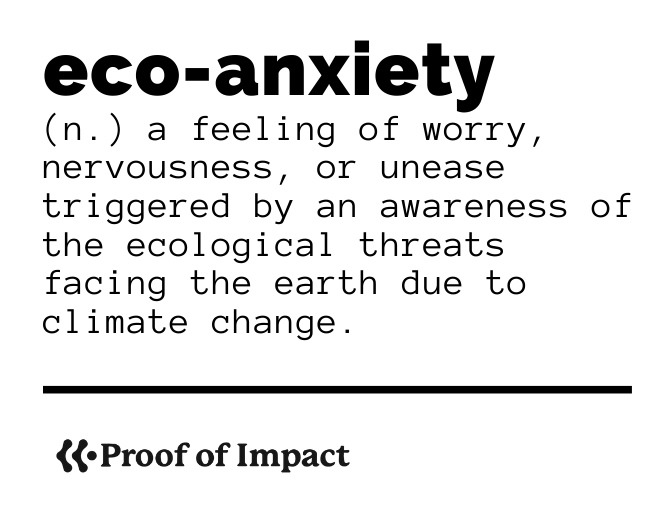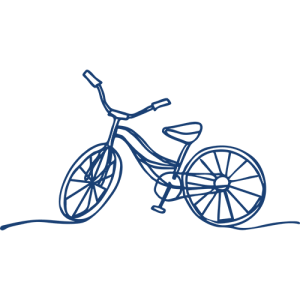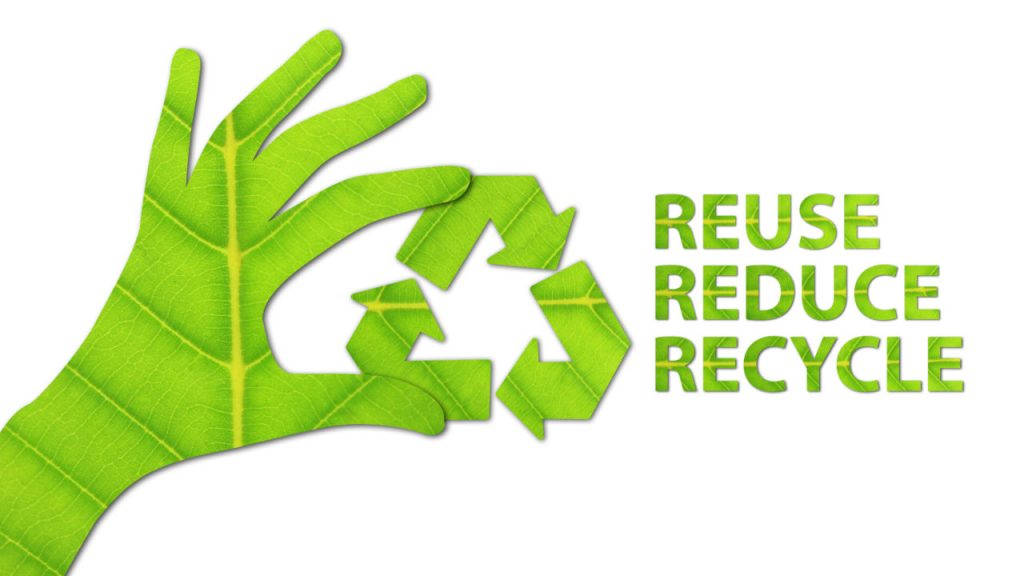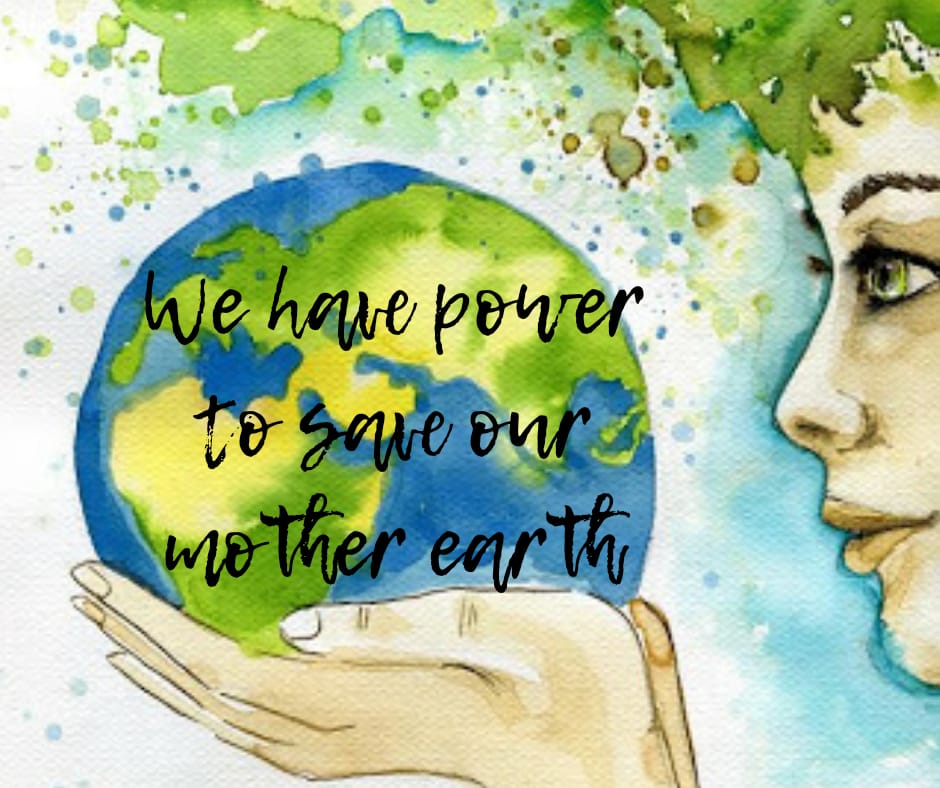Eco-Anxiety
It’s no secret that we’re in a climate crisis. We are reminded of it everywhere we go– on the News, the radio, social media, posters, adverts, in wall art in cities throughout the world… Even as I write this a radio advert has mentioned it. Now more than ever, it’s really important that we come together and do our bit to support the environment we love. So, it probably comes as no surprise that the new mental health issue, ‘Eco-Anxiety’ has come into being when all of this is going on around us. As someone who experiences eco-anxiety, I wanted to write this to, one, tell you you’re not alone and two, there are ways you can deal with it that are both good for you and the planet.
But first a little background information about this new anxiety disorder ‘Eco-anxiety’:
In her article Caroline Hickman says that based on research
eco-anxiety’ is affecting increasing numbers of children & young people
and this was published back in 2019. She further stated that,
Previous studies have found that 45% of children have lasting depression after surviving extreme weather and natural disasters. Eco-anxiety predicated on climate change, she suggests, is a very rational fear based on events and stories from around the world, underpinned by the weight of evidence that our climate is changing.
From my own observation of the world and the people I spend my time with, it’s quite clear that the younger generations are usually more fearful than their parents and grandparents, because they have been more educated on how their future environment needs their help.
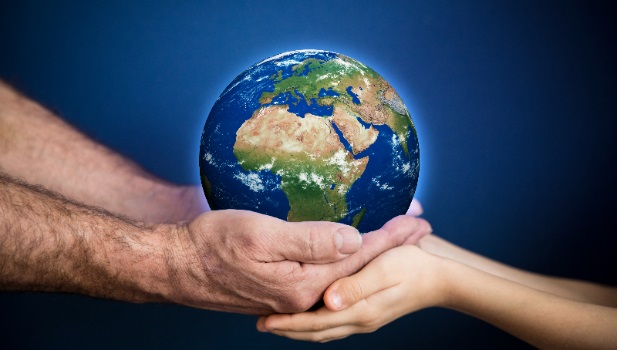
Personally, what causes me the most stress is the feeling of powerlessness. There is now not just tonnes of evidence for climate change in the form of increasing temperatures and melting icecaps reports, but there’s unfortunately proof. It comes in the form of people being tragically impacted by extreme weathers like flooding, draught, wild fires etc. in various parts of the world, but especially in countries and continents we now call the ‘Global South’ but we used to refer to as ‘Developing Countries’ or ‘The Third World’. Knowing that there are people already being affected and made ‘climate refugees’ because their homes and countries are becoming or are no longer hospitable, is so heart-breaking and I desperately want to help. But again, that feeling of powerlessness seeps in over and over. After all, I’m just one person, with no economic or social influence. I’m no politician or celebrity.
But this is where I’ve realised in the last couple of years, that I’ve been very wrong.
I’ve realised that we ordinary souls, we UK citizens have so much more power than we think and our actions make an impact. As Tesco’s famous slogan goes,
Every Little Helps
and I truly believe this.
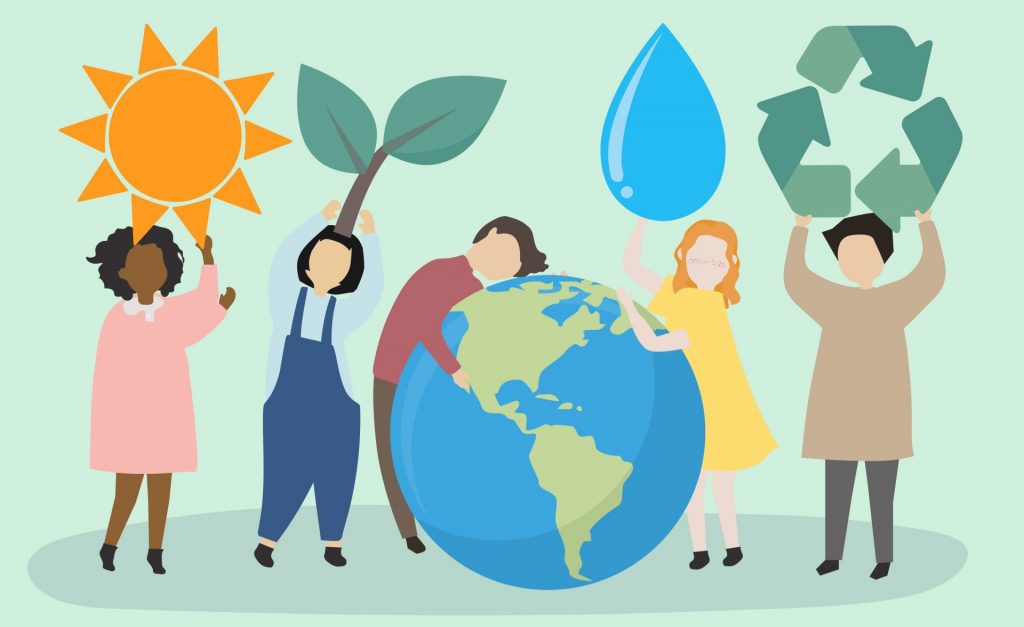
Earth Day at Herring Run Nursery
Unless you’re already well ahead of the game and are already trying to live as sustainably as possible, then you may not need to read on, but for those who haven’t started then read on:
So, enough doom and gloom! Now I’d like to share with you my personal approaches to handling your eco-anxiety:
- First and foremost, your mental health always has to come first, because this world needs ‘eco-warriors’ who are well in mind, body and soul because, as we like to say at Mind in Mid Herts,
You can’t pour from an empty cup
- So when things all get a bit much, when you’ve taken in too much info about the crisis, been to a few too many protests (if you’re into that) or spoken to your family and friends about it a lot and you’re just feeling completely drained from it all – TAKE A STEP BACK.
- Have a break from reading, watching or listening to the News, Social Media, attending protests etc. and do something calming and therapeutic, whether that’s spending some alone time with yourself or surrounding yourself with people who bring pure positivity into your life, reading a book, bingeing your favourite Netflix show. Whatever gives you the space to recharge and recuperate, do it! Fill that cup of yours back up.
- One of my personal favourites and that works a trick is spending time in nature, whether that be in a garden, park, wood, or just sitting and admiring a tree or your favourite house plants. Spending time in some green with a book or music or just your thoughts, is a medicine like no other. Plus it helps you re-evaluate why it is you’re becoming more sustainable – to save nature and this planet we call home.
- As for the things outside of yourself, that we don’t feel we have any control over; to help you feel more in control and to boost your self-esteem while also making a positive impact on the planet, you could start or increase (where possible) doing the following:
Food: 
- Buy more locally sourced foods.
- Save your leftovers – don’t just chuck what’s left on your plate at the end of your meals. Save it for later or the next day.
- Try to decrease your meat intake – so rather than having meat in every meal, just have it for one of your meals in a day, or eat meat in all of your meals once or twice a week rather than every day of the week. Or better yet and if you’re not a big meat fan, then eat vegetarian/vegan when you’re home and then as a treat, eat a meat dish when you’re out.
Transport:
- Try to walk, bike or take public transport as much as possible. Can you bike to your local shop to buy that pot of ice cream for your impromptu movie night, instead of taking the car? Can you take the Eurotunnel to Paris or Amsterdam for your weekend trip over taking the plane?
Plastic:
- This one is really hard because it seems everything is encased in plastic, but where you can, reduce the amount of plastic you buy.

So when you go to the shops, buy the fresh vegetable options that aren’t in plastic bags. Believe it or not, but when you pick the vegetables that aren’t already bagged, it usually turns out cheaper as well. - Buy a reusable water bottle and coffee cup.
- Use shampoo and conditioner soap bars or refill your shampoo bottles from shampoo and conditioner dispensers from zero-waste/wholefood stores, like The Refill Pantry in St Albans, Bamboo Turtle in Letchworth, Replenish Refill Store in Hertford or The Wholesome Weigh in Hitchin.
You can find a list of other similar shops at this link. These shops also offer unpackaged foods, so all you need to do is bring a container and fill it up with however much you want. It explains how it work at this link.
Clothes & Products:
- Try to buy more second hand/charity shop/(affordable) vintage clothes than you do new ‘fast fashion’ clothes.
- Use Eco-Cleaning Products to Clean the House, such as ‘Ecover’.
- Use recycled paper where you can.
- Choose biodegradable products and packaging where you can.
Final tips:
- Remember the age-old, ‘turn off the lights!’ Well this simple action is still as relevant as ever. Turning off or setting to ‘sleep’ all electrical/gas appliances when you’re not using them or you’re not in the room is so much better for the planet and your pocket!
Last but not least, always have in your head, this mantra:
- So, before you throw something away, think, can it be reused in another way or donated to charity, a friend or family member?
- Before you buy something new, think, do I really need this? Or can I get a second-hand option (which is usually much cheaper anyway)? Or, because we all like to treat ourselves to something new occasionally, try to check if it’s sustainably and ethically produced – but also don’t believe every business that claims this! The bigger chains, especially, tend to cut corners and only ‘appear’ to be doing things sustainably. So, it takes a tiny bit of research – but often someone has already done the research and written about it, so it shouldn’t take you long to check it up.
And done!
Wow…
Ok, I know that is one exhaustive list already but there are absolutely more things you can do! The fun thing about being more eco-friendly is it gives you the chance to be creative with it and genuinely makes you feel better for doing your part for a better planet.
But the most important thing is not to be hard on yourself! No one is perfect, I for one am not!
I still buy tonnes of different kinds of crisps that usually always come in non-recyclable packets. I love my crisps! And I know that’s pretty terrible, but as I read somewhere the other day,
It’s OK to imperfectly sustainable
The important thing is you’re trying to be as sustainable as possible and that’s helping more than you know.
It can feel incredibly overwhelming some days and like there’s not always someone to turn to who fully gets it. But trust me, there are more people out there feeling this way than you think. But if you happen to be in circles where this isn’t the case, then join forums/groups that provide that space where you can talk about it and come up with solutions to help yourselves and the planet as best you can.
So, although, Eco-anxiety is never really going to disappear, you can make it less intense, by respecting and acting on your needs and taking action by doing your part.
We’re all in this together, don’t forget that! You’re doing great! x
Posted on: 14th May 2021
